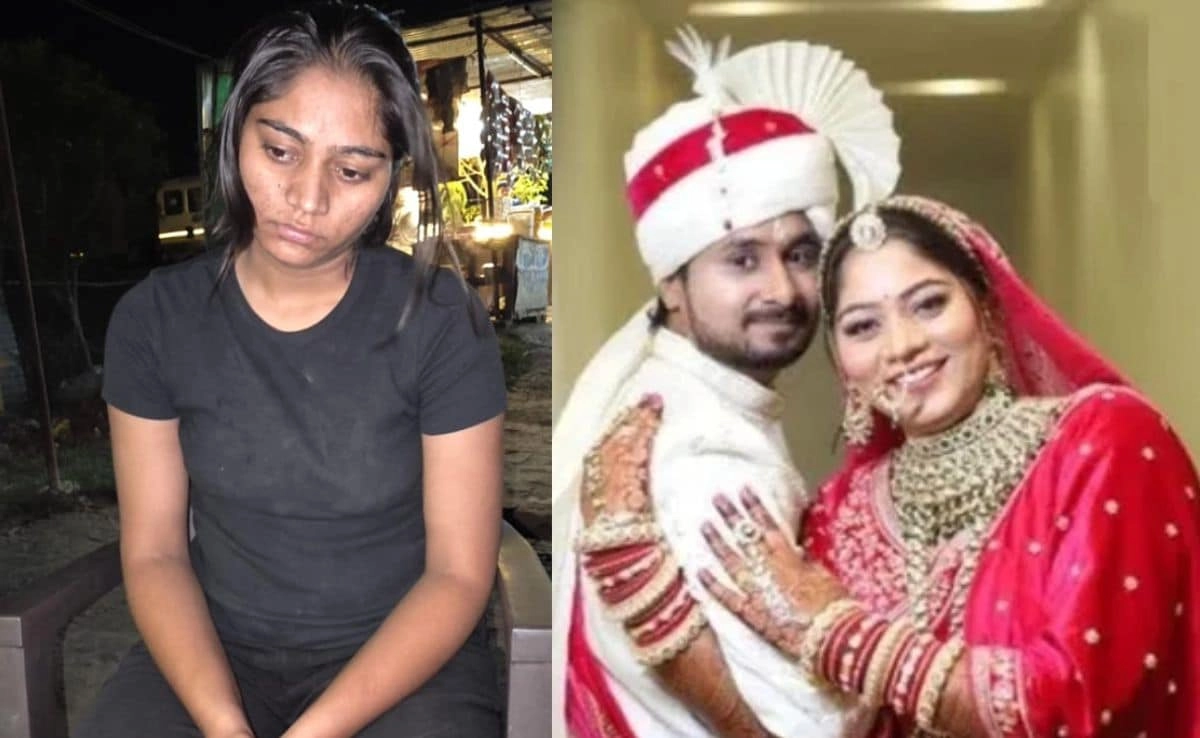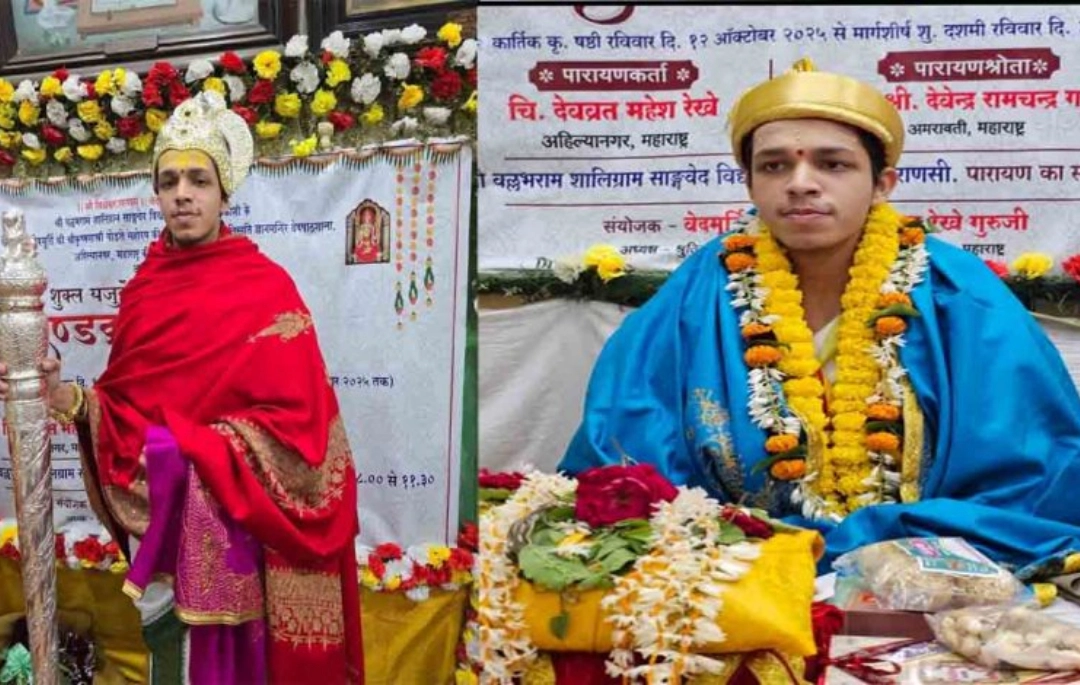In a recent development in the high-profile Honeymoon Murder case, Sonam Raghuvanshi has formally filed a bail petition, asserting that there are significant flaws in the chargesheet presented against her. The case, which has garnered substantial media attention, revolves around the tragic death of her husband, who was found murdered during their honeymoon. Sonam’s plea for bail comes at a time when the investigation has been under intense scrutiny, raising questions about the evidence and the prosecution’s narrative.
In her petition, Sonam claims that the chargesheet lacks coherent evidence to substantiate the allegations made against her. She argues that crucial details have been overlooked and that the prosecution has failed to establish a clear motive or direct involvement in her husband’s death. Furthermore, her legal team is emphasizing that the investigation may have been influenced by media sensationalism, which could have compromised the integrity of the evidence collected. The defense contends that the case against her is circumstantial at best, relying heavily on public perception rather than solid proof.
Sonam’s defense strategy hinges on dismantling the prosecution’s claims and highlighting inconsistencies within the evidence presented. The petition outlines specific areas where the chargesheet is believed to be flawed, including witness testimonies and forensic reports. By bringing these issues to light, Sonam aims to bolster her argument for bail, asserting that her continued detention is unjustified given the lack of substantive proof. The legal proceedings are expected to unfold in the coming weeks, as both sides prepare to present their arguments before the court.
As the case progresses, it raises broader questions about the criminal justice system and the potential for wrongful accusations in cases that attract significant public interest. Sonam’s situation serves as a reminder of the complexities involved in high-stakes legal battles, where the intersection of media influence and judicial proceedings can complicate the pursuit of justice. The outcome of her bail petition may set a precedent for how similar cases are handled in the future, particularly in terms of evidentiary standards and the rights of the accused.




